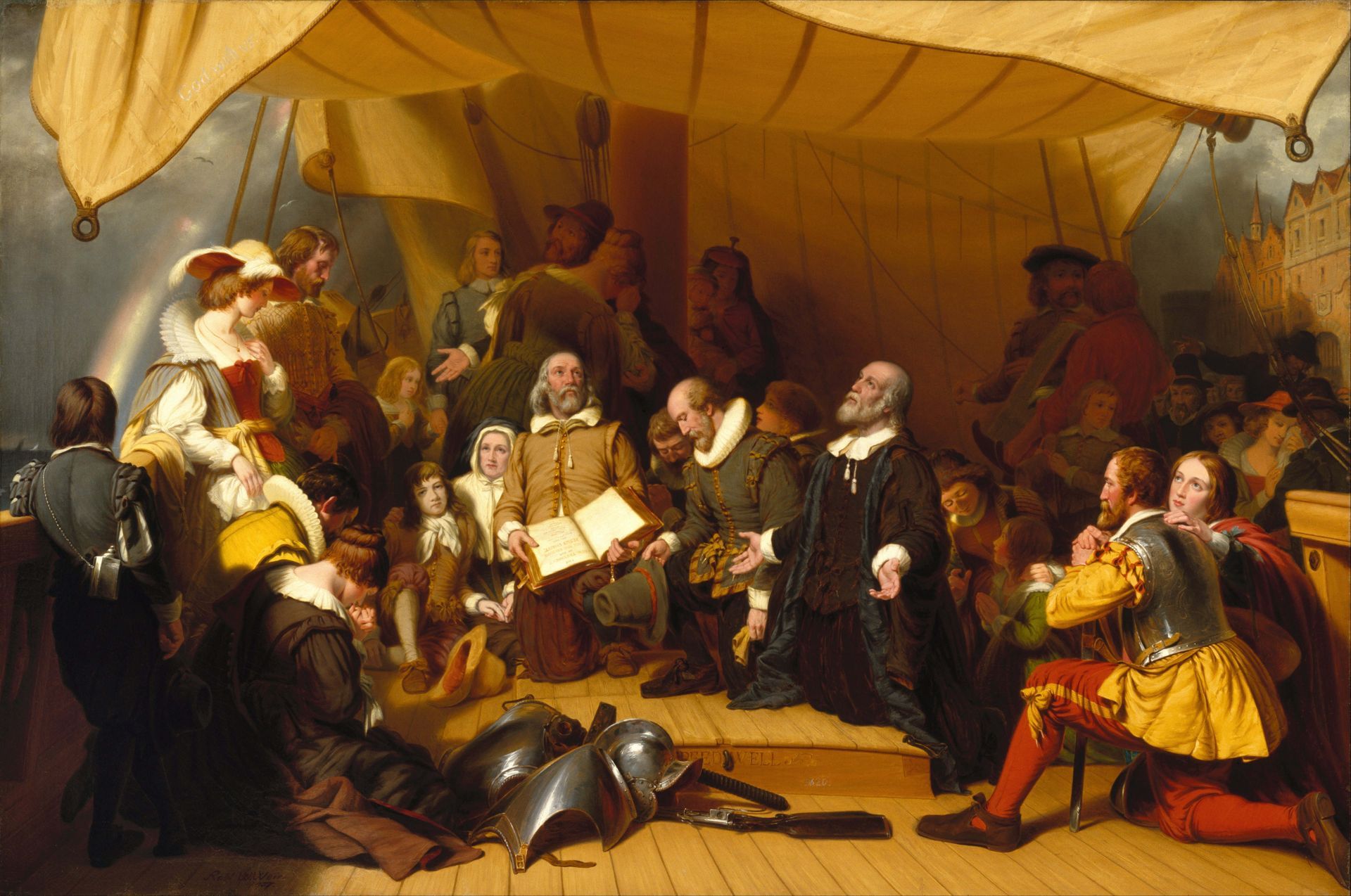The Bible and America’s Founding Era
During our Founding Era (1760-1805), the Bible had a most significant influence on the thinking of many of America’s founders. To illustrate this fact, I will cite a well-documented study conducted by two political science professors in the mid-1980s (see American Political Writing during the Founding Era, vols. 1 and 2, Dr. Charles Hyneman and Dr. Charles Lutz). It was their intent to understand the mind and thoughts of America’s Founders about a republican form of government, and, of course, this was the primary purpose that Founders wrote these documents in the first place.
To aid in the accomplishment of this gargantuan feat, Lutz and Hyneman set some parameters from which they would pursue their research. They identified the Founding Era as a period of U.S. History from 1760 to 1805, and they restricted their research to the writings and speeches of some 240 carefully selected men of this period. Their research soon produced approximately 15,000 items associated with these 240 men—from which they reduced the number to a more workable 916 items that they carefully examined (items such as pamphlets, newspaper articles, monographs, etc.), they also thoroughly read 2,200 books.
From the inexhaustible volume of data produced by this fact-finding, they discovered three thousand references to other sources, and it is especially telling that one particular source kept rising to the top—the source that our Founders most often mentioned in their writings and speeches was the Bible! In fact, the Bible provided a full third (34%) of our Founder’s quotes and affirmations, and the Book most cited was Deuteronomy. (If this is intriguing to you see authors John Eidsmoe and David Barton.)
This said, I must address the vast degree and shocking nature of the open departure and degradation to Biblical principle caused by the recent U.S. Supreme Court decision concerning their redefinition of marriage. We must remember that Thomas Jefferson, 2nd President of the U.S., often warned about the possibilities of a rogue judiciary. He said that the Constitution…is a mere thing of wax in the hands of the judiciary which they may twist and shape into any form they please. ( Memoir, Correspondence and Miscellanies (from the papers of Thomas Jefferson), Thomas Jefferson Randolph, editor, vol. iv, p. 317)
There are many such examples of this level of Biblical conviction in our early history, but consider this one: Updegraph v. The Commonwealth (1824), a Mr. Abner Updegraph declared publically that the Holy Scriptures were mere fable, contradictory and full of lies. An indictment of blasphemy was leveled against him, and the case was heard by the Pennsylvania Supreme Court. The High Court overwhelming decided that Christianity, general Christianity, is, and always has been, a part of the common law, [and that] our wise legislature framed this great body of laws (the U.S. Constitution) for a Christian country and Christian people…and thus, it is irrefragably proved, that the laws and institutions of this state are built on the foundation of reverence for Christianity…that [no] man should have the right to publically vilify the religion of his neighbors and of the country; these two privileges are directly opposed. ( Updegraph v.The Commonwealth , Supreme Court Pennsylvania, 1824, pp. 402-407)
America’s original respect for God and His Word is in deep, permanent and growing decline, and complete reformation would require a hundred years at least (three to four generations). The U.S. Supreme Court’s decision affecting marriage is but an indication of the depth of our present depravity. God help us going forward! (Isa. 40:28-31)
Thanks for your continued prayer and financial support! I am yours, as ever.
Sincerely,
G. Thomas Sharp



